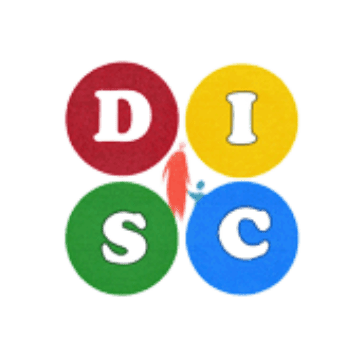Communication with Children: Challenges and Solutions

Posted on April 20th, 2023
Are you struggling to communicate with your child? Do you feel like your conversations are often met with resistance or misunderstanding? You're not alone. As a parent, communicating with your child can be a challenging task. But don't worry, we're here to help. In this blog post, we'll explore the different types of communication problems children might have, the signs to recognize them, and what you can do about them.
What is Communication for Children?
Communication is a crucial aspect of a child's development. It helps them form relationships with others, express their thoughts and emotions, and understand the world around them. Communication can come in many different forms, including verbal, nonverbal, and written communication.
Verbal communication is the use of words to convey meaning. This includes both spoken and written language. Nonverbal communication, on the other hand, is the use of body language, facial expressions, and tone of voice to convey meaning. Written communication involves using written words to convey information.
3 Communication Challenges with Children
Communication issues can arise in many different ways. Here are some of the most common types of communication problems children might experience:
1. Language and Speech Delays
Some children may have difficulty with language and speech development. They may struggle to find the right words, use proper grammar, or pronounce words correctly. Language and speech delays can be due to a variety of factors, including hearing loss, developmental disorders, or a lack of exposure to language.
Signs to look out for include:
- Difficulty expressing themselves
- Limited vocabulary
- Pronunciation difficulties
- Difficulty following instructions
- Struggles with reading and writing
Solutions include:
- Seeking professional evaluation and intervention from a speech-language pathologist
- Encouraging language development through reading, singing, and talking to your child
- Using visuals aids such as pictures or videos to help your child understand and communicate
2. Attention and Listening Problems
Some children may have difficulty with attention and listening skills. They may struggle to focus on conversations or follow instructions. Attention and listening problems can be due to a variety of factors, including ADHD or other developmental disorders.
Signs to look out for include:
- Easily distracted
- Difficulty staying on task
- Difficulty following instructions
- Interrupting others
- Forgetful or absent-minded
Solutions include:
- Providing clear and concise instructions
- Minimizing distractions during conversations
- Using visual aids or hands-on activities to engage your child
- Seeking professional evaluation and intervention from a pediatrician or therapist
3. Emotional and Behavioral Challenges
Emotional and behavioral challenges can also impact communication. Children may struggle to express their emotions effectively or may have difficulty regulating their behavior, which can make it hard to engage in productive conversations.
Signs to look out for include:
- Difficulty expressing emotions
- Tantrums or meltdowns
- Aggression or oppositional behavior
- Social withdrawal
- Anxiety or depression
Solutions include:
- Encouraging emotional regulation through mindfulness or relaxation techniques
- Providing opportunities for your child to express themselves through art or other creative outlets
- Seeking professional evaluation and intervention from a therapist or mental health provider
What Causes Communication Issues with Children?
Communication issues can arise from a variety of factors. Some of the most common causes include:
- Developmental delays or disorders
- Hearing or vision impairments
- Language barriers
- Trauma or emotional challenges
- Environmental factors such as noise or distractions
Recognizing the underlying cause of communication issues is an important first step in finding solutions that work for your child.
When is the Best Time to Ask for Help?
If you're struggling to communicate with your child, it's never too early to ask for help. The earlier you address communication issues, the better the outcome is likely to be. Seeking help can also help prevent communication issues from escalating and causing more significant problems.
If you notice any of the signs of communication problems we mentioned earlier, don't hesitate to reach out for help. Our D.I.S.C for Kids PLUS report can help identify the underlying causes of communication issues and provide tailored solutions to help improve communication and relationships with your child.
Our report offers a behavior analysis that helps improve your child's self-esteem and happiness by offering valuable insights into their communication style. It provides not only the communication insights drawn from the ASI-certified DISC report, but also measures and scores what was thought to be unmeasurable.
To get in touch with us and learn more about our services, you can reach us at (808) 633-6764 or email us a [email protected].
Conclusion
Communicating with children can be a challenging task, but it's also essential for their growth and development. By recognizing the different types of communication problems children may face, understanding their causes, and seeking help when necessary, you can help your child develop effective communication skills and build strong relationships.
Our D.I.S.C for Kids PLUS report offers valuable insights and solutions to help improve communication with your child. Don't hesitate to reach out for help and take the first step in improving your child's communication and overall well-being.
Contact Us
Send a Message
Let us know if there's anything we can help you with. We'll be glad to contact you back as soon as possible!
